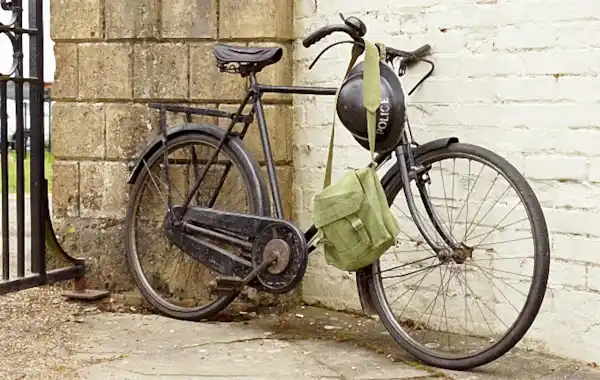Read these top tips on how to research life on the Home Front during the Second World War.
Wondering how to research life on the Home Front during the Second World War? John Leete from Home Front History has some excellent tips.
I have been asked the question many times, ‘Where do I start my research’?
It’s a question that has no short answer simply because depending on the subjects being researched, the routes to discovery can be many and varied or narrow and specialist.
For example, life on Britain’s Home Front during WW2 is a subject that quite rightly continues to fascinate and inspire people of all ages including young people of today’s generation who want to know about how their grandparents lived and what they did during the war years 1939 to 1945.
However, despite the fact that some history has been ‘lost’ in the passing of time there remains a wealth of information readily available in books, including those written in the first person, as well as from archives, original film footage and from personal anecdotes. There is also unrecorded history still to be captured from former evacuees, for example.
Online resources
If you want to research a military related subject, you should contact the relevant Regimental Museum. Find the details online or if you don’t have access to a computer at home, most libraries offer free computer use within their premises. Online too you will find many old comrades associations and affiliated organisations and they will most likely have information to share.
The internet is also a useful resource when undertaking research on the social history of the era. There are very many websites dedicated to this. These include fascinating accounts of school projects as well as personal anecdotes on the BBC People's War site.
Appeals for information
Personally I have achieved great results from ‘Letters to the Editor’ of national and local newspapers. For example, when I was researching for information about the Corps of Canadian Fire-fighters that served in England during WW2, I sent letters to local newspapers in the towns where the Corps contingents were based. The response was overwhelming to the extent I was able to make good progress with the book I was writing at the time. Similarly, I wrote to newspapers in Canada and made an appeal for anyone with information to get in touch. Within a matter of a few weeks I was put in contact with several surviving Corps firemen, one of whom I later interviewed on film.
Newspapers & archives
Old newspaper archives are just as valuable a resource and magazines that reach specific audiences such as The Soldier and Navy News are good routes towards getting information. Most counties have a dedicated archive collection and record office and in my experience they hold much of the day to day history of local communities, the sort of information that does not find its way on to the internet and which to some extent is waiting to be discovered by the dedicated researcher.
Don't miss the obvious!
And don’t forget to ask family members about what they know and what information they may hold about the wartime era. All too often we overlook the most immediate and otherwise obvious resource. I could have saved myself a great deal of time and effort had I asked questions of my family that I was asking of archivists, record office staff and veterans. Find our top tips on interviewing relatives here!
John Leete’s fascination with wartime Britain started when he was eight and an uncle handed him an old ARP helmet. On holiday years later a chance meeting resulted in his first published book about life on the Home Front, and he is now writing his sixth book. John has been a re-enactor for about 20 years, and enjoys portraying a police officer, among other roles, and gives talks on the Home Front. Find out more about life on the Home Front at www.homefronthistory.com.







